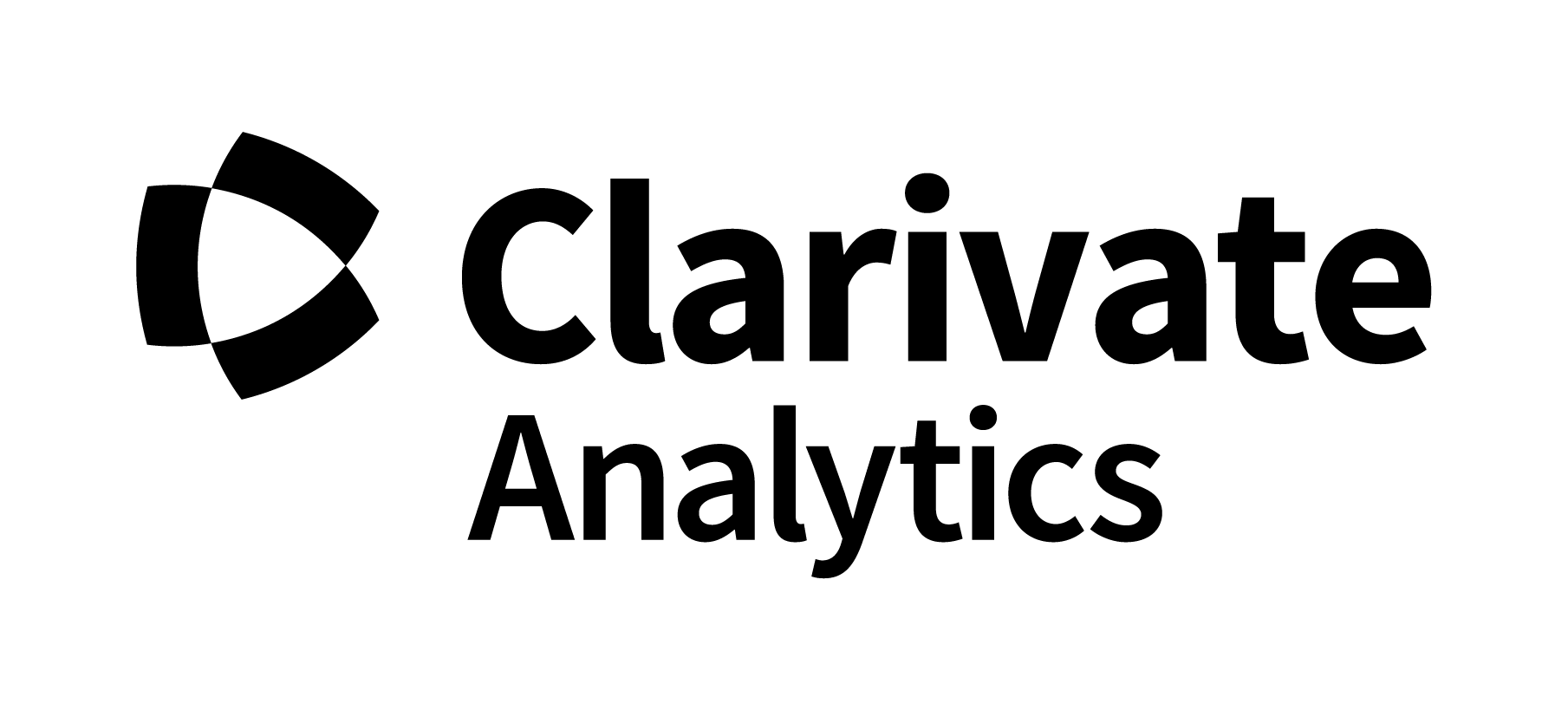Waterfowl hunters’ motivations and barriers to participation in a citizen science project
Abstract
A citizen science project using hunters to provide information on waterbird demographics was recently restarted in the UK. Hunters were encouraged to submit one wing from each duck or goose that they had harvested during the hunting season, from which the species, sex and age of the birds were determined from plumage characteristics. With knowledge of bias and error in the wing sampling process, these data can be used to infer the age and sex ratios in the national bag, and potentially in their populations, for species included in the surveys. In order to ensure high participation levels, members of the UK’s largest hunting organisation – the British Association for Shooting and Conservation (BASC) – were surveyed to identify motivations for taking part, as well as any constraints preventing entry to the survey. Hunters who confirmed that they had contributed to the wing survey reported being motivated by selfless rewards such as “for the good of science and conservation”. When asked about future participation, however, hunters that cited extrinsic, reward-driven motivations such as “to protect my sport” were significantly more likely to report that they would take part in the future. The most commonly reported constraint was that species included the survey were not being harvested, but the next two most commonly reported constraints were a lack of storage space and inability to use or access shared domestic storage space. Results of this study will be used to tailor wing survey recruitment and reporting messages, in order to encourage greater recruitment and retention of survey participants.
Full Text:
PDFRefbacks
- There are currently no refbacks.

This work is licensed under a Creative Commons Attribution 3.0 License.
